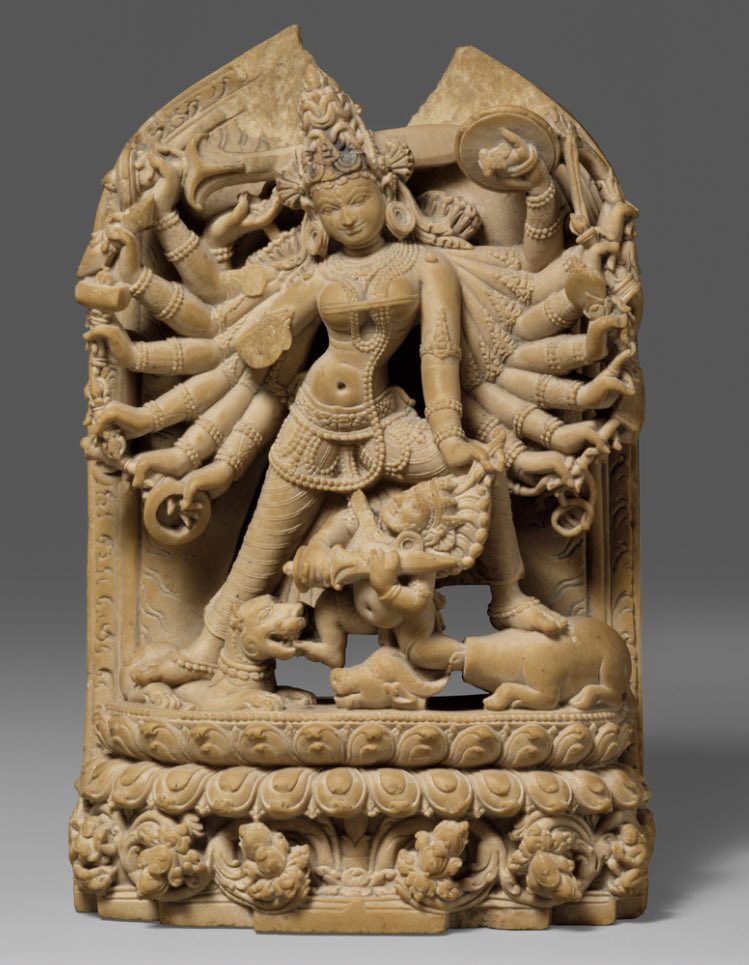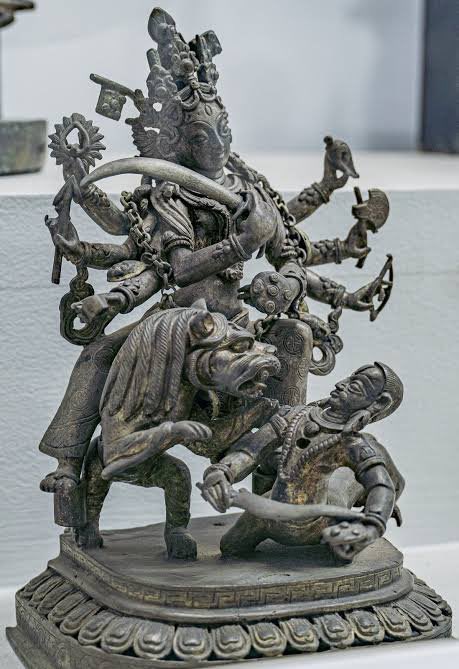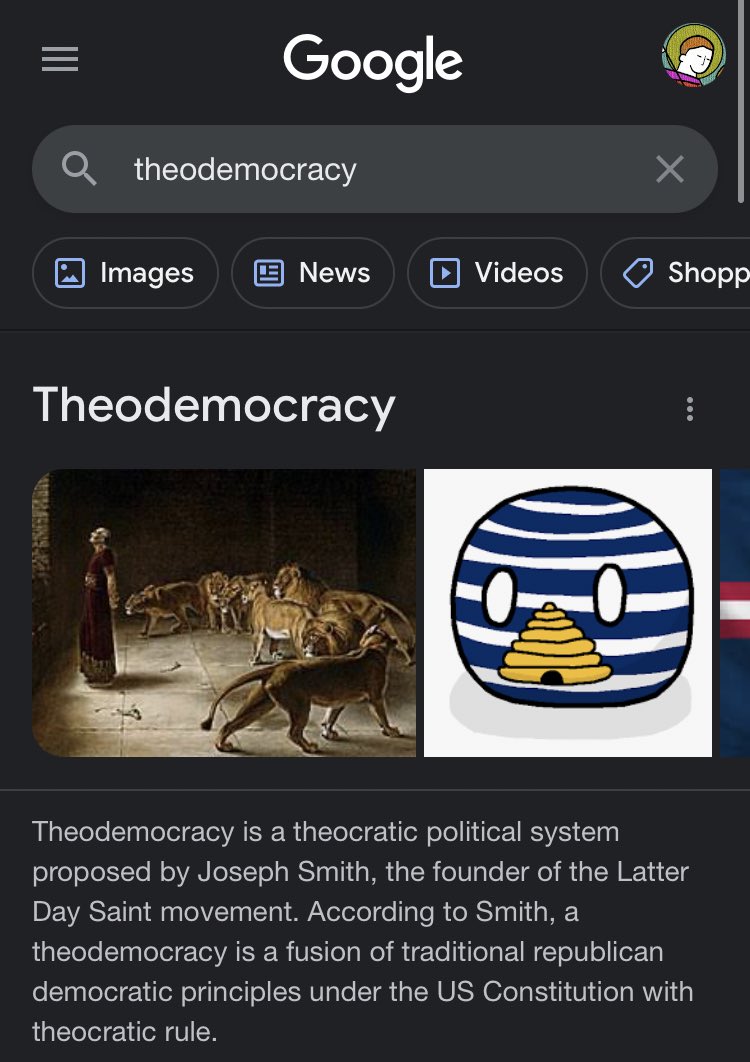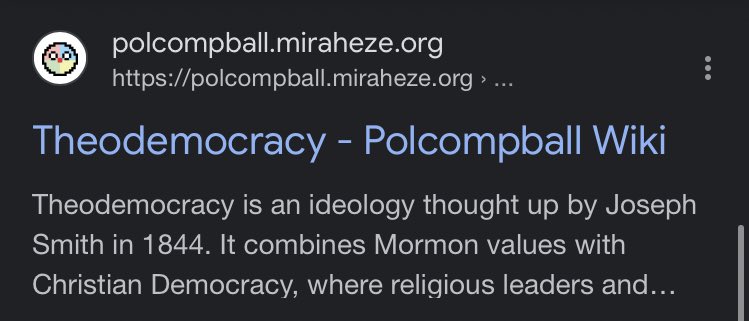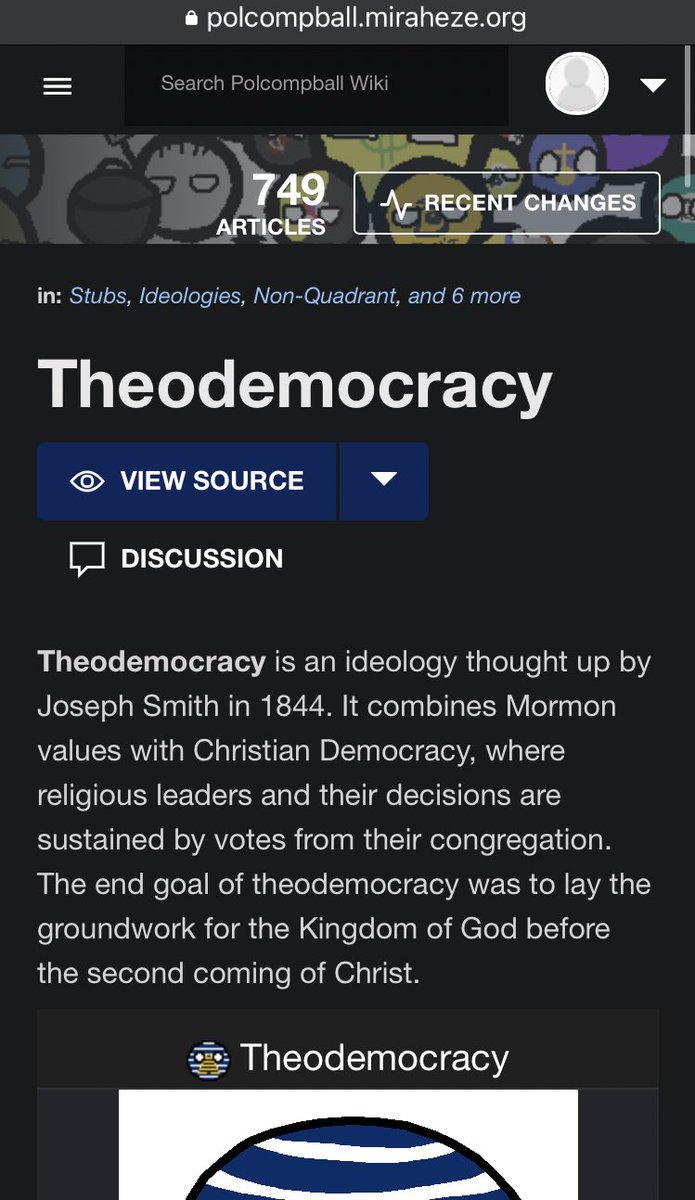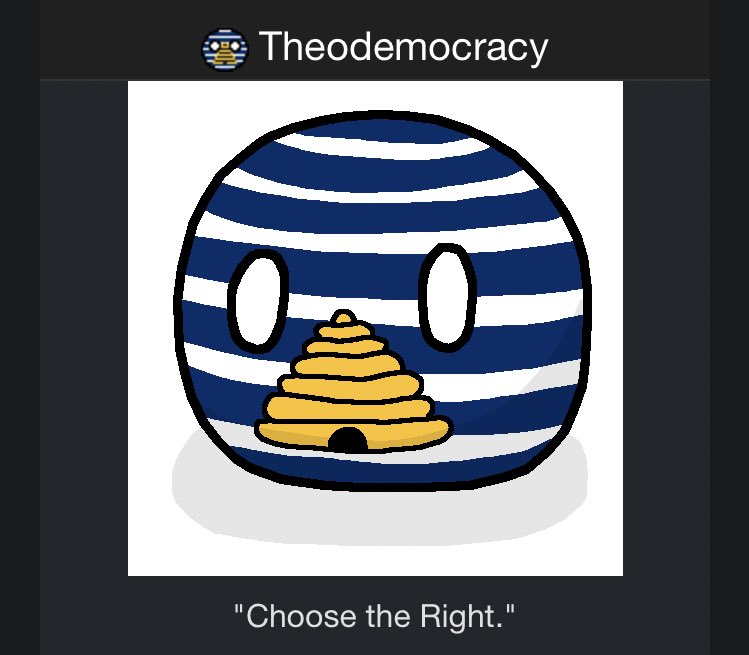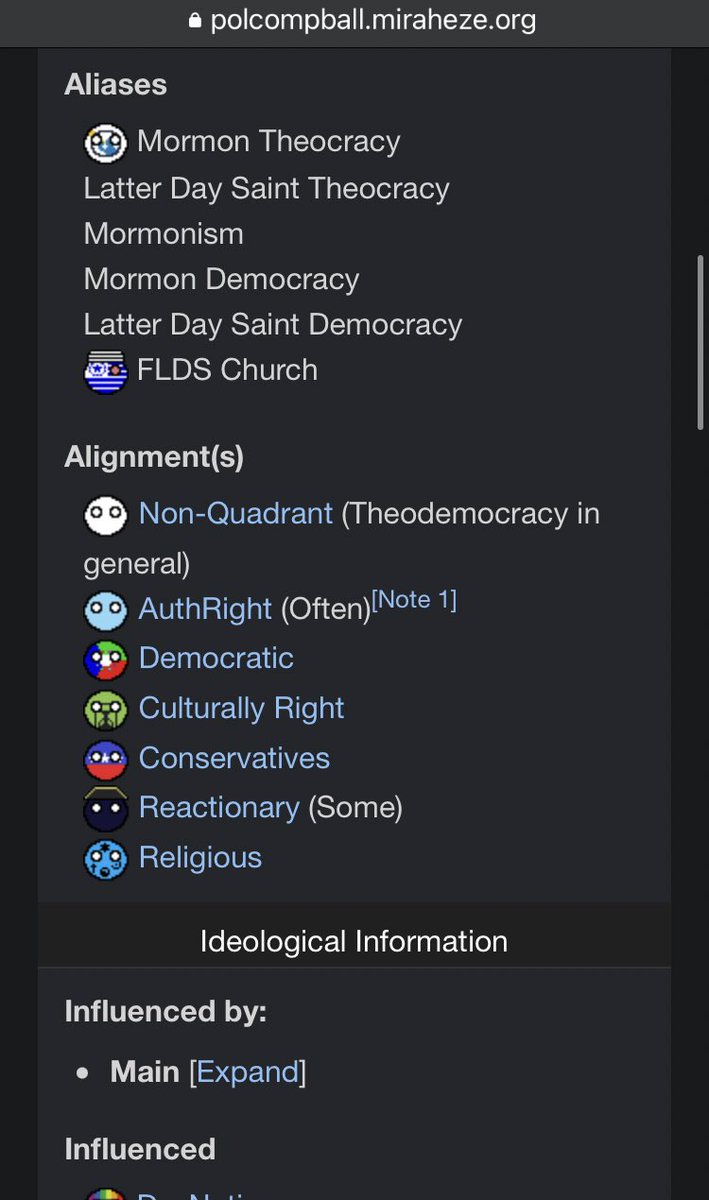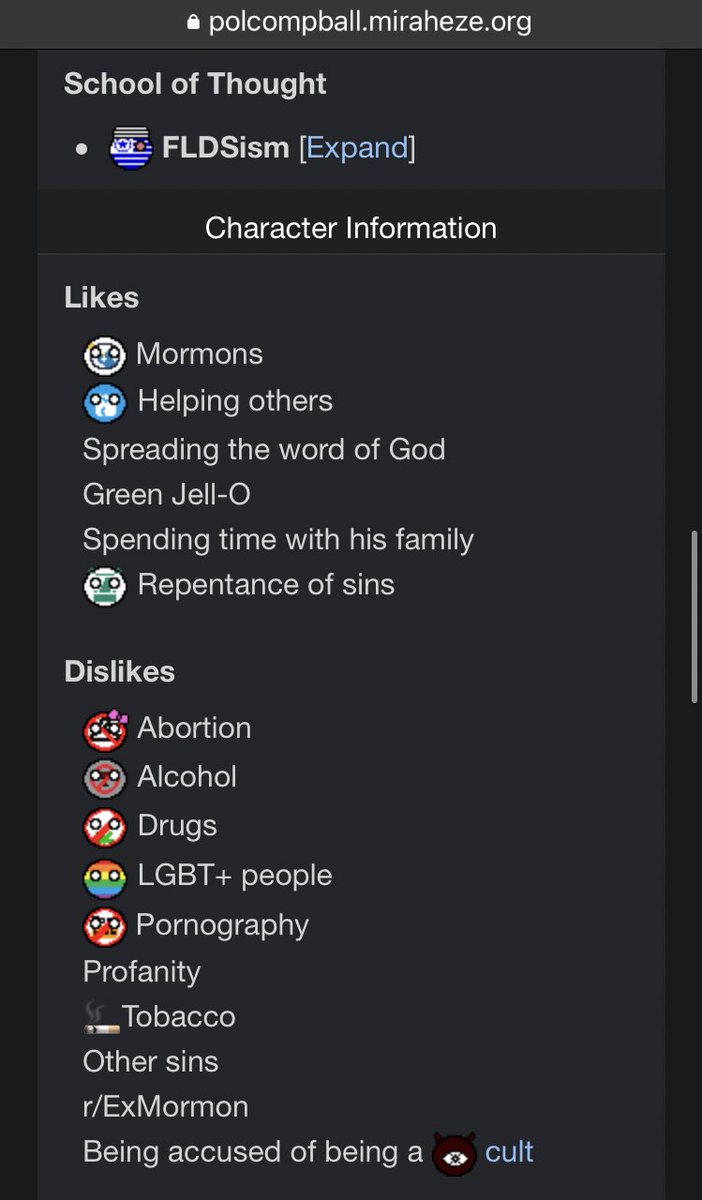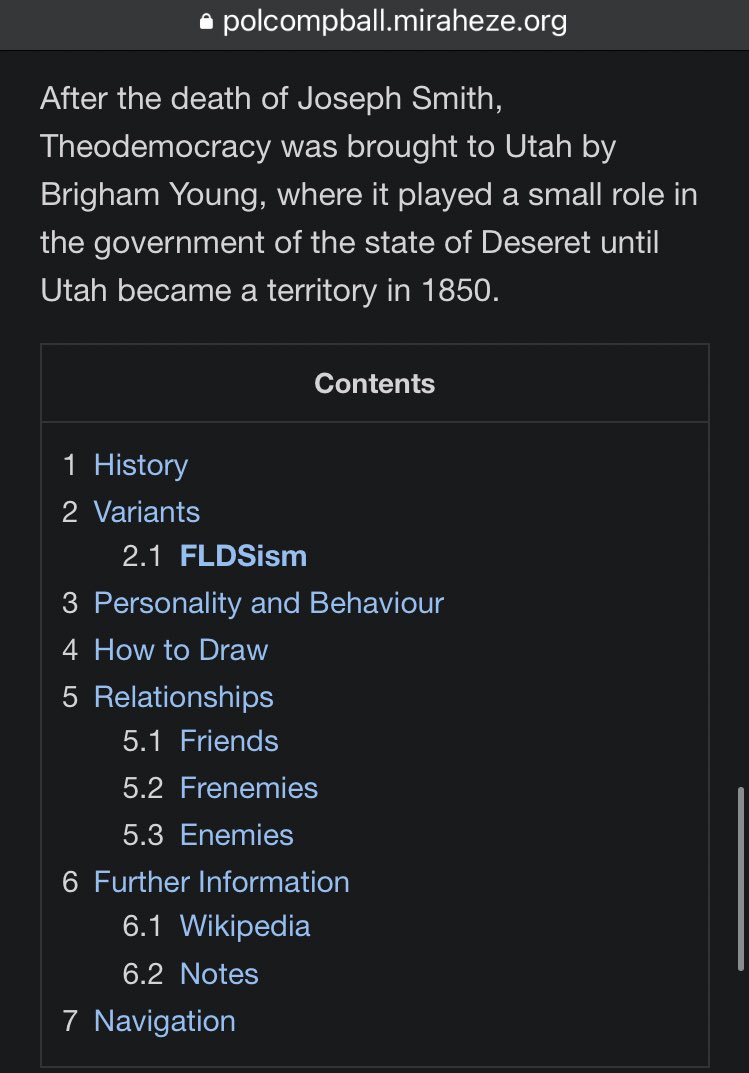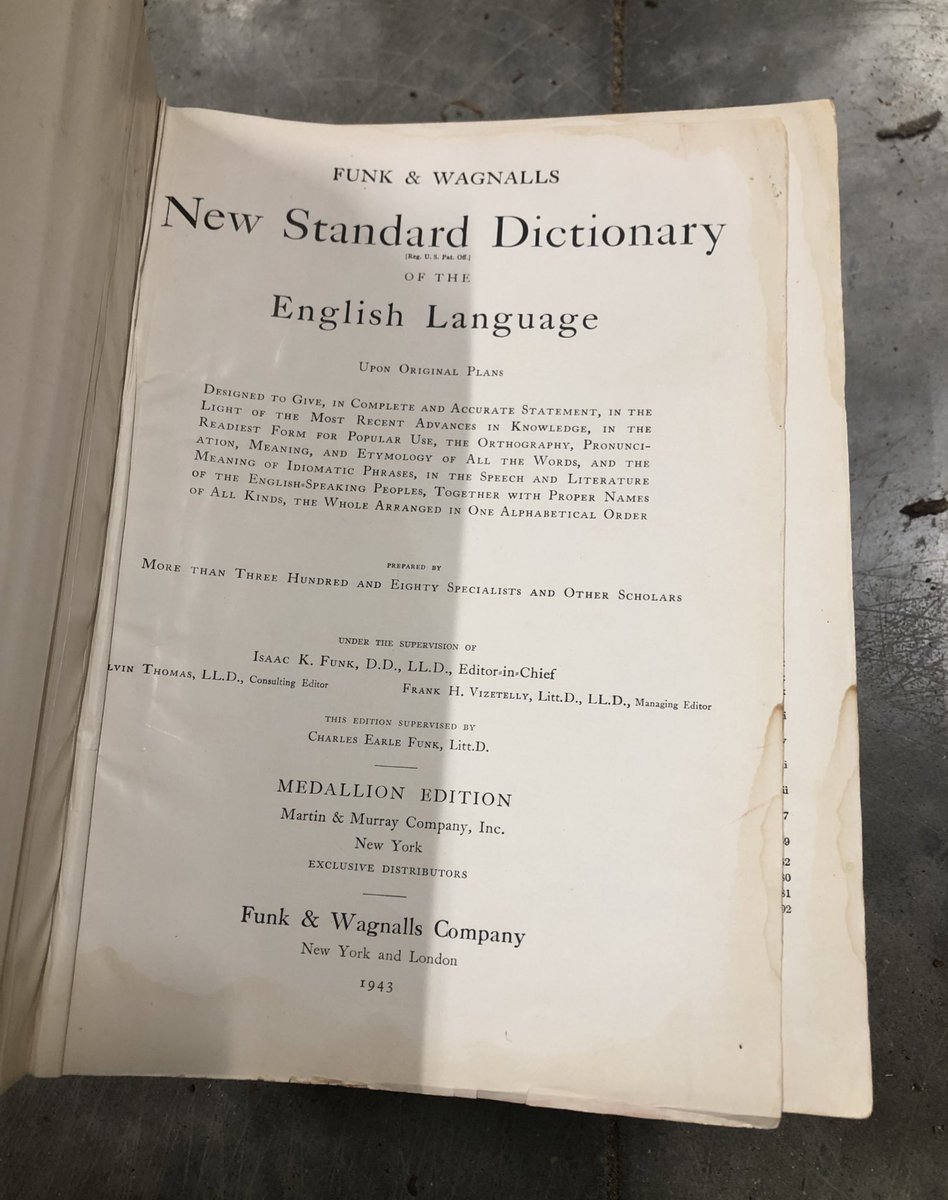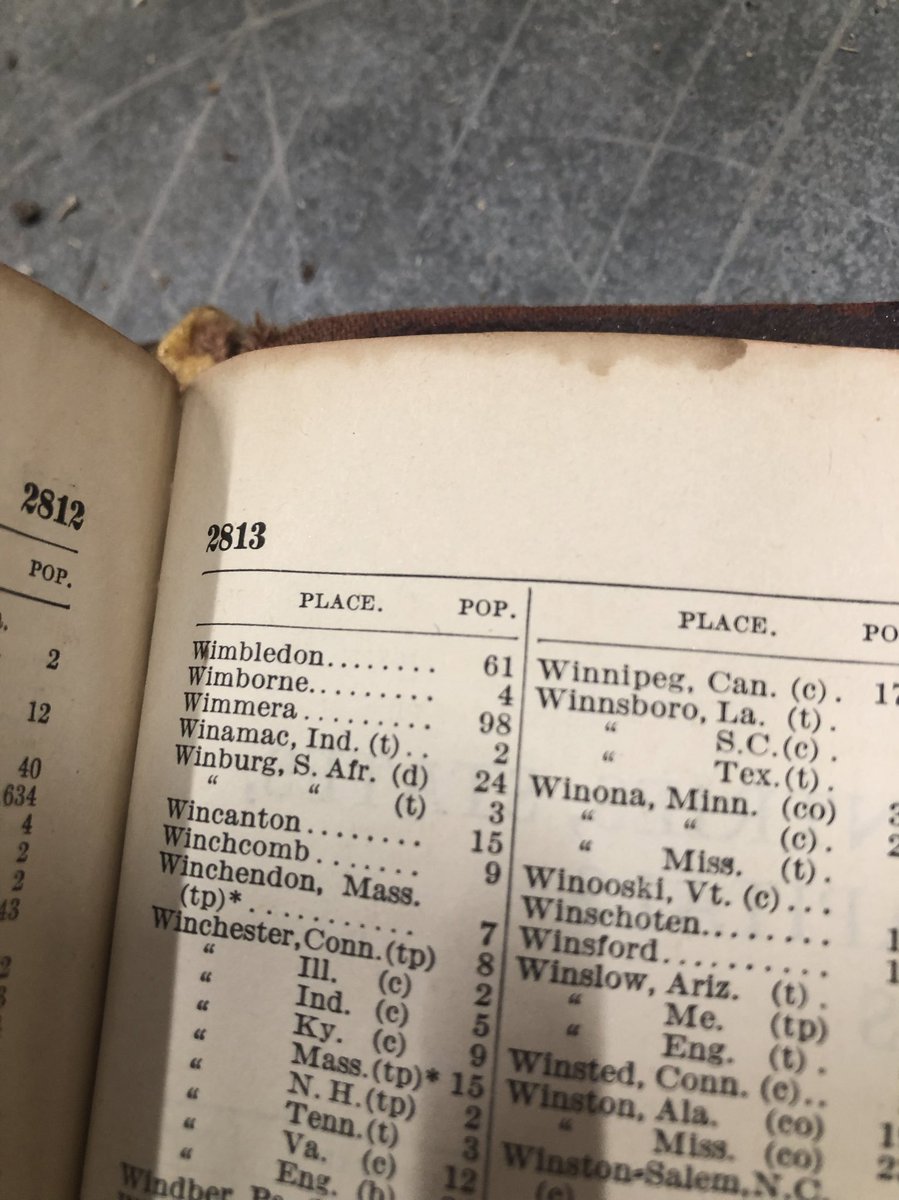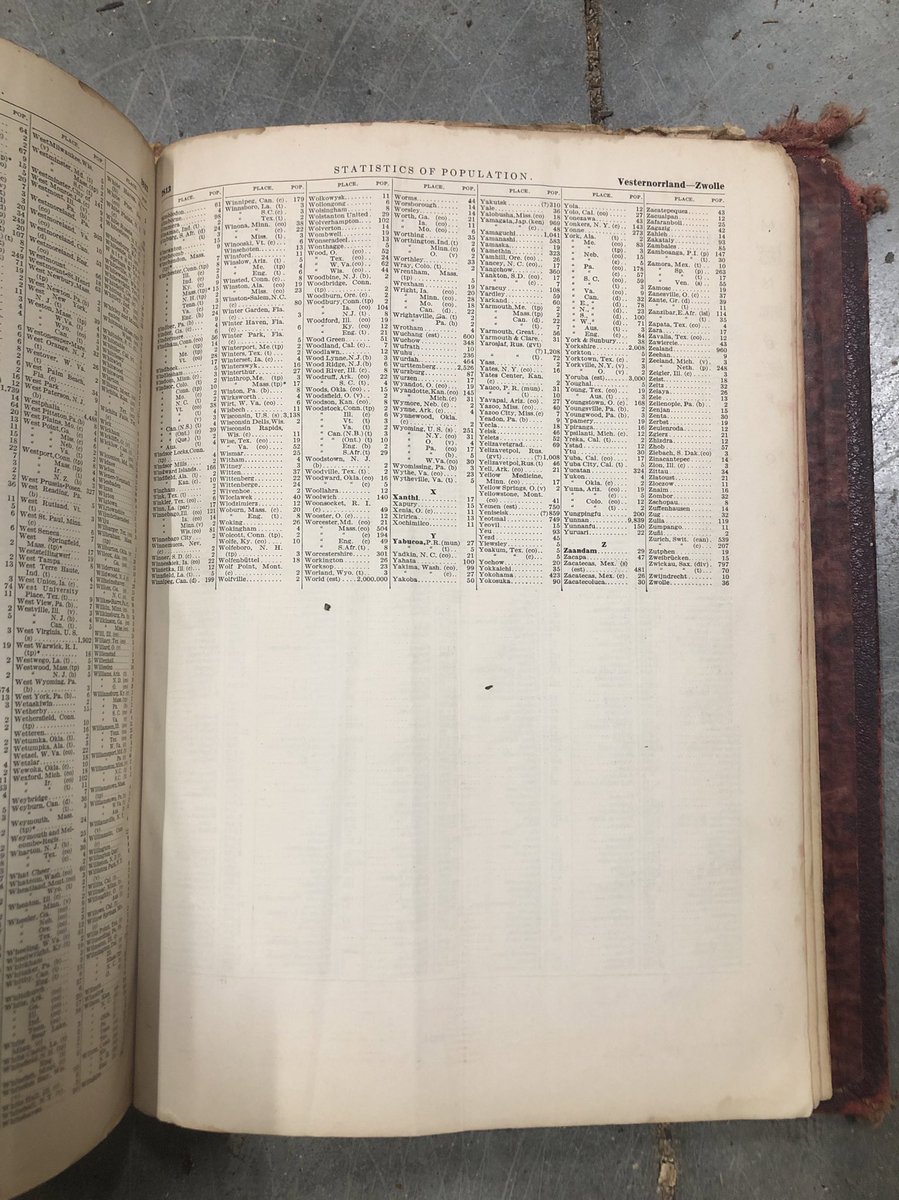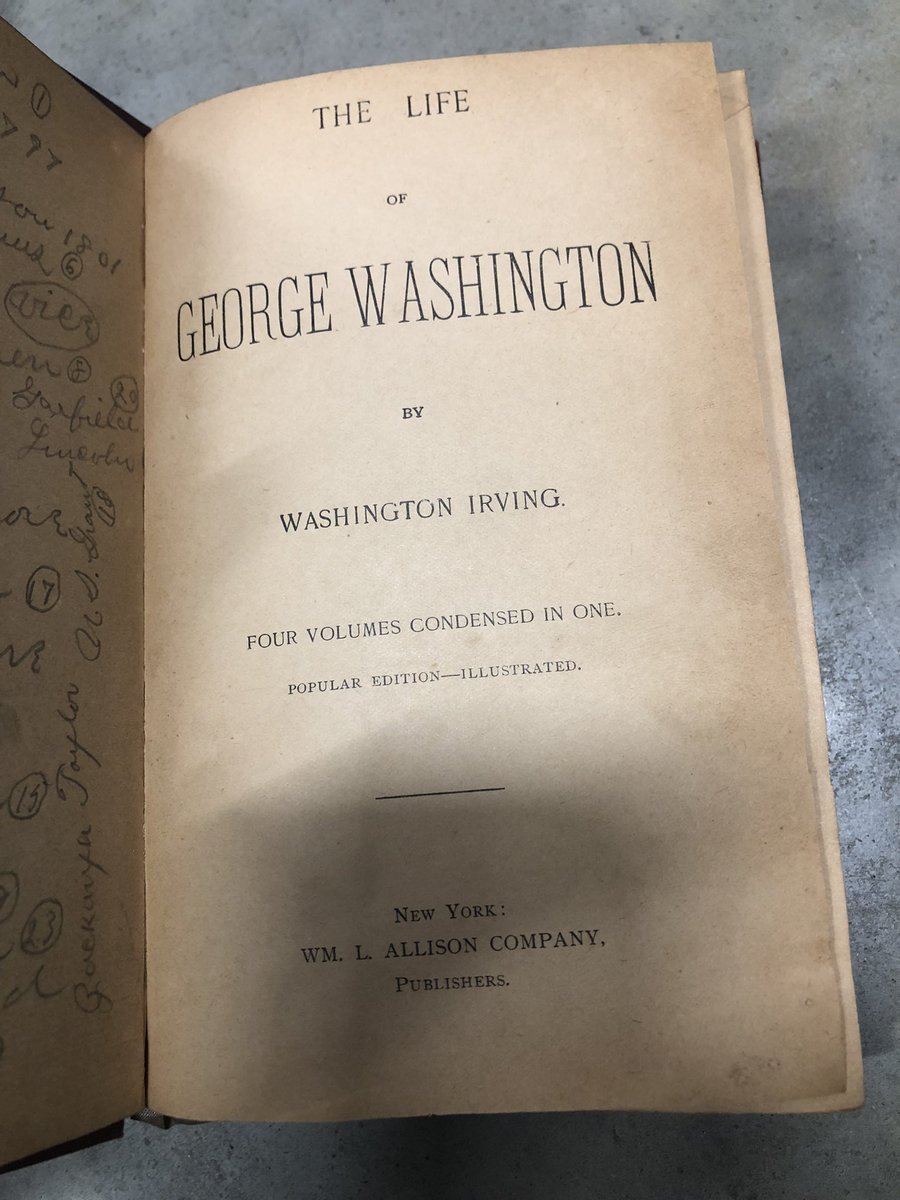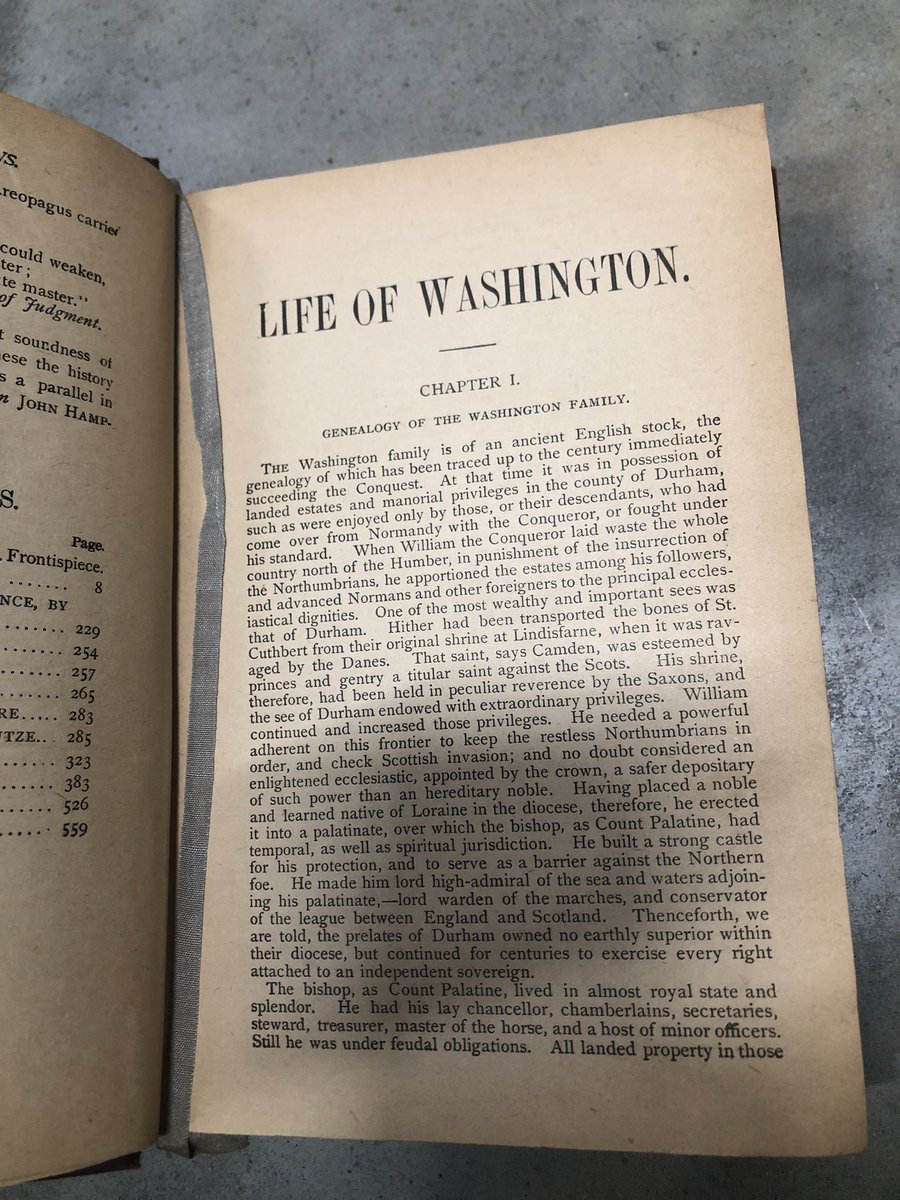
its been a minute since we had a thread about a nice semi-electric topic. therefore, it is time for another
🇺🇸 american theology thread:
ARE MORMONS CHRISTIAN
[and why. an actual poking into this that isnt just fishing for likes and in group pat on the backs]
🇺🇸 american theology thread:
ARE MORMONS CHRISTIAN
[and why. an actual poking into this that isnt just fishing for likes and in group pat on the backs]
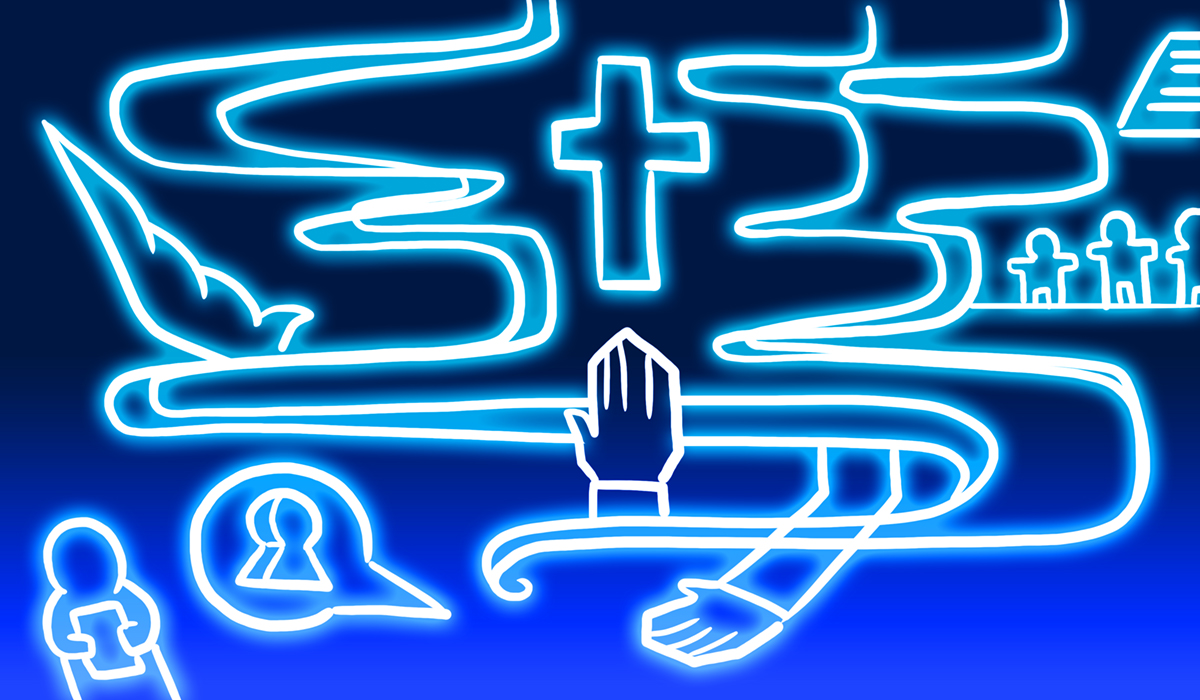
this topic comes up pretty often. it is usually pretty uninteresting, to be honest, as you get one side saying "of course not" (or worse, acting like this is somehow controversial, when it is actually the across the board position), and, thats basically it.
and then you have the other side, people who are mormon, saying "of course we are", and the dialogue between the two basically amounts to a back and forth wherein, its just a pointless argument that comes down to personal views, and essentially nothing of substance is covered.
many people have asked me this, perhaps because i am in the unique position of taking both classical theology and atypical american religion "seriously". i may not belong to one group, but i at least engage with them both on their own terms sincerely. so ive been asked this often
therefore i thought i would make a thread on this, one time, without really caricaturing either side, and giving me own take on this, in case people were interested in what i thought or wanted to go into it a little deeper.
usually caveat when i make a religion thread, im just some guy. i have no special knowledge about anything. i make pictures. do not take spiritual input from me. this is just because i personally find these things interesting.
thats obviously but i have to say it at the outset.
thats obviously but i have to say it at the outset.
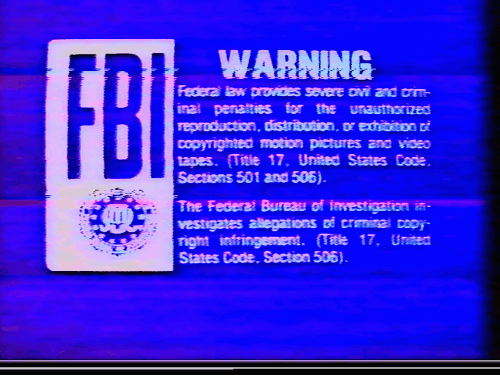
i think this topic is particularly interesting because, the "no" answer essentially boils down to (not saying its incorrect): you guys are way too off the beaten path and way too different doctrinally to be put into the basket people refer to when they use the term "christian". 
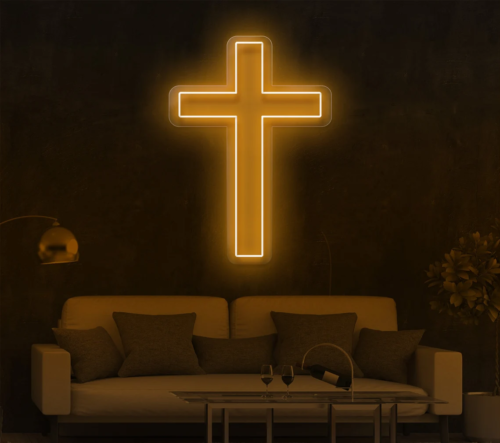
formally, i would say whether the people saying this are aware of it or not (on here i think they usually are) this comes down to historical doctrines like the trinity (nicea, etc.).
the counterpoint to this raises an interesting philosophical question, in my opinion.
the counterpoint to this raises an interesting philosophical question, in my opinion.
that counterpoint being, casually, "well, according to you". formally: why is that the specific criteria for someone being "christian"? i am not saying this is correct, but i do think its interesting to pin down. you have oneness pentecostals for example who are non trinitarian.
(i think thats who im thinking of anyway). are they "not christian"? i've never heard that. intuitively it feels like thats because they're clearly part of the "family tree". its clear how they fit into the historical development and flow of christianity, so its not a question. 
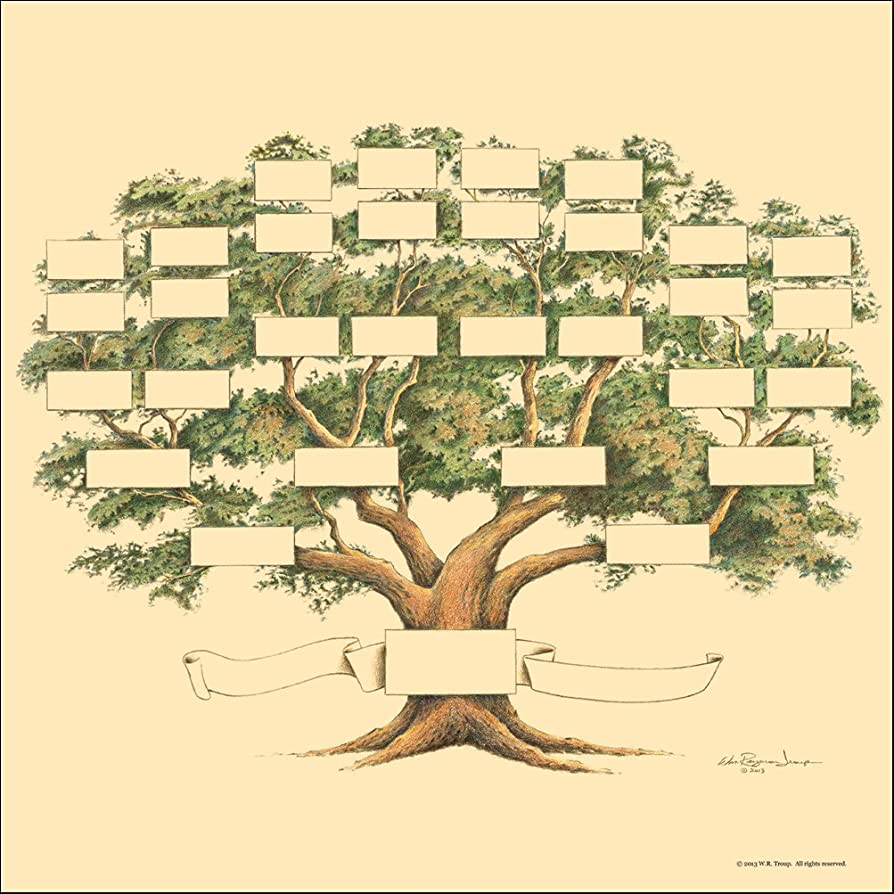
i hear this from people casually + formally as well. basically once you start rejecting stuff like the nicean creed and things like that, you have one foot out of the folder
is that what the actual criteria for "christian" is? that is up to you. however here is my model for this
is that what the actual criteria for "christian" is? that is up to you. however here is my model for this
i understand that you have mormons, who are like, well, we are all about Jesus, look at this book, look at this stuff I believe, i'm all about Jesus, it seems unfair that your personal standard is what marks me as "christian" or not.
i also understand the argument against this.
i also understand the argument against this.
ultimately its personal + semantic, in my opinion. it would be interesting to philosophically explicate what the standard is and specifically why (i.e. what if a protestant doesnt give authority to nicea? etc). however (i wouldnt have made this thread if thats all i had to say)..
i do think there is some accuracy to the intuition that mormons are a little "too different" from everyone else to be accurately placed into the folder of "what people mean when they use the term christian".
what i'd like to go into in this thread is what those differences are.
what i'd like to go into in this thread is what those differences are.
because, that is really the painful part to hear and see (or more accurately, to not hear and see) from where i'm sitting. its fine if people dont care, thats cool, whatever, but most discussions of what actually make mormonism different are... just painful to me. here is why.
(last repeating of the caveat that im just some guy, i have no special expertise in anything, this is all just my opinion).
mormonism has a very different backdrop from what ill call mainline christianity. by backdrop i mean: the background before which the ideas are set.
mormonism has a very different backdrop from what ill call mainline christianity. by backdrop i mean: the background before which the ideas are set.

for example, buddhism and the ideas in buddhism occur before and in the context of a certain "backdrop": reincarnation, the basic framework and bones of what we can call the hindu worldview, if buddhist ideas are "on stage", they have their own "background" behind them.
every religion is kind of like this, imo. so, mormonism has at least a slightly tweaked backdrop from normal mainline christianity. therefore its excruciating watching most discussions about it, because they basically amount to: failing to realize this, so nothing makes sense.
"makes sense" not as in "is correct" but as in "has literally any coherence whatsoever". so most discussions basically amount to two people walking around a stage picking up items and one says, "woah, this is your lamp? thats crazy". just picking up pieces and looking at them.
but theyre both evaluating their items in terms of their own backdrop. so they fit into one, but not the other. they never "tweak" or get to the backdrop, so it makes perfect sense to one person, zero to the other, and literally nothing is accomplished. heres an example:
imagine you have a baptist guy and a catholic guy. they just met. they dont know anything about each other. and the baptist guy is like, "wait, you have guys who live in a place in italy and interpret the bible?" and the catholic guy is like, "ha. yeah of course".
and then the baptist guy is like, "wait, you guys... venerate the bread in the lords supper?" and the catholic guy is like, "well, we wouldnt say it that way, but kind of".
and they just go through piece by piece exampling these little pieces on their own, one by one.
and they just go through piece by piece exampling these little pieces on their own, one by one.
this would never add up to the baptist guy understanding the catholic worldview. he'd just walk away thinking "that was really weird and made no sense".
you have to zoom out and tweak the backdrop and larger premise behind which those ideas are occurring. thats totally different
you have to zoom out and tweak the backdrop and larger premise behind which those ideas are occurring. thats totally different

this actually took me quite a long time to get. im obviously very interested in american religion for a variety of reasons. therefore to wrap up this topic, if anyone else is interested, ill to lay out a few of those tweaked background elements that i think are rarely explicated.
sidenote that, not doing it here, but i think a full exposition of that tweaked backdrop is very rarely laid out and is difficult for an individual to put together. you basically have to be someone who understands "both sides" and has gone into them slightly obsessively (imo).
gonna hit four or five things i personally see as major and cutting all the way into the difference. if i have to go roll around with owen jr. for a minute ill just leave it hanging and come back later. all terms and designations will be loose and imprecise and painted broadly.
1. OPEN CANON VS CLOSED CANON
as im describing major tendencies of worldviews shortly in tweets (absurd) you have to cut me some slack.
one major split that goes all the way down is what ive come to call the 'open vs closed' gap, embodied in open canon vs closed canon.
as im describing major tendencies of worldviews shortly in tweets (absurd) you have to cut me some slack.
one major split that goes all the way down is what ive come to call the 'open vs closed' gap, embodied in open canon vs closed canon.

the tendency in normal christianity is the closed canon. we got this deposit of faith, its perfect, we are going to protect and preserve it. if i drew it, it would be a fort with people protecting it.
imo that is not really the tendency in mormonism. this is a fundamental split
imo that is not really the tendency in mormonism. this is a fundamental split
im not sure if you would technically describe mormonism as literally having an open canon, but it feels like it does. you hear a lot of stuff about development and getting new information. the religion building "line upon line, precept upon precept" over time, you hear that a lot
"the heavens are open". you hear the terms "revelator", "living prophet", even "seer", things like that. it feels like there is a perpetual new flow of "stuff" expected or at least potentially happening. God is still delivering new stuff, or he could, at any time. the mic is "on"
sometimes, this feels like THE major difference - because its a totally different "feel". protecting and stewarding a perfectly tuned machine we got from the past, vs running a machine that new parts can be added into, that is growing, over time. it just feels totally different.
2. theosis orientation
its really hard to describe these things succinctly and sound neutral, so. just saying.
another major difference, now we're just really in fully "my opinion" territory, is the orientation towards salvation and theosis, although its not put in those terms.
its really hard to describe these things succinctly and sound neutral, so. just saying.
another major difference, now we're just really in fully "my opinion" territory, is the orientation towards salvation and theosis, although its not put in those terms.

as a tendency on the ground level, although im not sure most mormons would use this term, it feels like normal christianity is primarily oriented towards salvation. you hear about theosis and i understand its a thing, im just saying what feels like is the primary focus.
conversely although you hear about salvation and the term is used just as much in mormonism, if "theosis" means "becoming like God", basically the entire mormon system is oriented around that. not to downplay the role salvation plays in their system, i would phrase it this way:
if "theosis" means "becoming more like God", it would be impossible to explain what mormonism is in any way without explaining and incorporating that. its right there front and center as a main pillar. that is not the on the ground feel for most normal christian systems imo.
this is another "cuts all the way down" difference because it touches every single thing. the fall, what God is like, what we're like, why we're here, what the purpose of life is, the specifics about Jesus. it touches and colors every single individual thing for both systems, imo
this the other huge contender for largest difference. actually this is probably it. i watch debates and intra-group formal discussions sometimes when im working, this is like, if they dont understand this difference, theyre not going to understand each other at all. 0%.
⏸️ i must go help owen jr. with something. i have a few more, and an actual point for how i see it, maybe ill wrap it up here, but, i will return.
okay. this has been kind of long so let's wrap it up and get to how i see it. im going to just quickly hit one or two more of those core differences first.
3. CO-ETERNALS WITH GOD
in normal christianity, on the ground level at least, God feels like the most or only real eternal "thing" (i'm leaving room for potential advanced philosophical loopholes).
from my POV, thats not how it is in mormonism. in mormonism, theres more.
in normal christianity, on the ground level at least, God feels like the most or only real eternal "thing" (i'm leaving room for potential advanced philosophical loopholes).
from my POV, thats not how it is in mormonism. in mormonism, theres more.

theres a whole folder of other things that are co-eternal with God. for example, God didnt create the universe from nothing (creation ex nihilo), he formed it out of matter that was already there - it already existed, it was just unorganized. so matter is also eternal, basically.
intelligences are also co-eternal with God, they just also go through a similar process of formation (that's why humans have a pre-mortal existence in this framework, as opposed to the normal conception). there's also certain aspects of 'the way things are' that feel co-eternal.
that bleeds into the next, and last part, before i wrap it up.
4. GOD AS PART OF REALITY (and as related to us)
this is the last one ill hit, but this is also a contender for main difference. its definitely one of the main different tendencies that runs through everything.
4. GOD AS PART OF REALITY (and as related to us)
this is the last one ill hit, but this is also a contender for main difference. its definitely one of the main different tendencies that runs through everything.

speaking casually, it feels like in normal christianity and / or classical theology, the tendency is to keep pushing God "up": to keep pushing him higher and higher, and to always keep adding to how much unlike us he is. (kind of: shall the clay think he is like the potter? etc)
(cant find the clay potter verse im thinking of, but "my ways are not your ways", etc, thats like "the theme")
in mormonism, from my POV, it feels like the opposite tendency is also present. they have that, in a way, but theres also the opposite tendency present at the same time
in mormonism, from my POV, it feels like the opposite tendency is also present. they have that, in a way, but theres also the opposite tendency present at the same time
in mormonism (imo) its more like, you're a little baby and God is a great great grandfather. you're different, really really different, but you're also similar in a way. it doesnt, formally, really, have a lot of the classical theology formulations that would be a barrier to this
the way i imagine it is if you have "reality" - there's all these things about reality where, that's just how it is - thats how things are in reality. in normal christianity and classical theology God is outside that. in mormonism, it feels like he's not. hes "in reality" with us
a great example is being in time. in mormonism, God is in time. technically. "the past" is "the past" to God, like it is to you. it seems like most people dont speak this way day to day but sterling mcmurrin said this was one of the best parts of mormon philosophy. God is in time
and you can imagine, theres many things like that, and each unfolds out with its own ramifications (i.e. God being inside of time means the future actually can be undetermined, potentially, etc.). theres many like this, but lets wrap it up and answer the original question now.
THE END
as we've covered, from my POV, mormonism involves, at least, a reconfiguration of the normative christian framework. here framework entails basic concept, general story, the bones of it, the backdrop against which the actions and ideas are cast and put into context.
as we've covered, from my POV, mormonism involves, at least, a reconfiguration of the normative christian framework. here framework entails basic concept, general story, the bones of it, the backdrop against which the actions and ideas are cast and put into context.

yet, it is not a completely different backdrop as we would see in something like buddhism. its a reconfiguration of the normal typical structure.
therefore the way that i think of this, i think ultimately it is semantic and subjective, but heres the framework i have in my head:
therefore the way that i think of this, i think ultimately it is semantic and subjective, but heres the framework i have in my head:
when i first started looking into all this, i read something that said:
mormonism is the fourth abrahamic religion.
i thought that sounded really cool and was a cool phrase, so i remembered it. however over time, this has actually come to be the way i see it, personally.
mormonism is the fourth abrahamic religion.
i thought that sounded really cool and was a cool phrase, so i remembered it. however over time, this has actually come to be the way i see it, personally.
i wouldnt make an ultimate scholastic claim about it, but in my own head that is how i think of it
if i was really going out on a limb, sometimes it feels like mormonism has normal christianity itself as its backdrop. and then its action and ideas occur "in front" of that canvas
if i was really going out on a limb, sometimes it feels like mormonism has normal christianity itself as its backdrop. and then its action and ideas occur "in front" of that canvas
but either way, there are more of those 'cut to the core' differences that i rarely see fully explicated, and each one of them fractals out in so many ways, it does feel like putting it in the same basket with normal christianity is missing some fundamental aspect of it. to me. 

at the same time, the fact that it does share part of the framework means that it isnt entirely different, like buddhism.
so, that is how i think of that question in my mind. mormonism is a separate "turning of the wheel", to use buddhist terminology.
so, that is how i think of that question in my mind. mormonism is a separate "turning of the wheel", to use buddhist terminology.

i think thats a fair view. ultimately its a third position answer as i think you could make a solid case for yes or no with regards to the question, and its just going to come down to your personal assessment.
thank you for reading my thread on this often discussed topic. i have enjoyed sharing my view on this interesting question with you. i rarely see certain things i mentioned here laid out.
(btw i did not anticipate the vaporwave aesthetic, it just fit after the first image.)
(btw i did not anticipate the vaporwave aesthetic, it just fit after the first image.)

• • •
Missing some Tweet in this thread? You can try to
force a refresh


